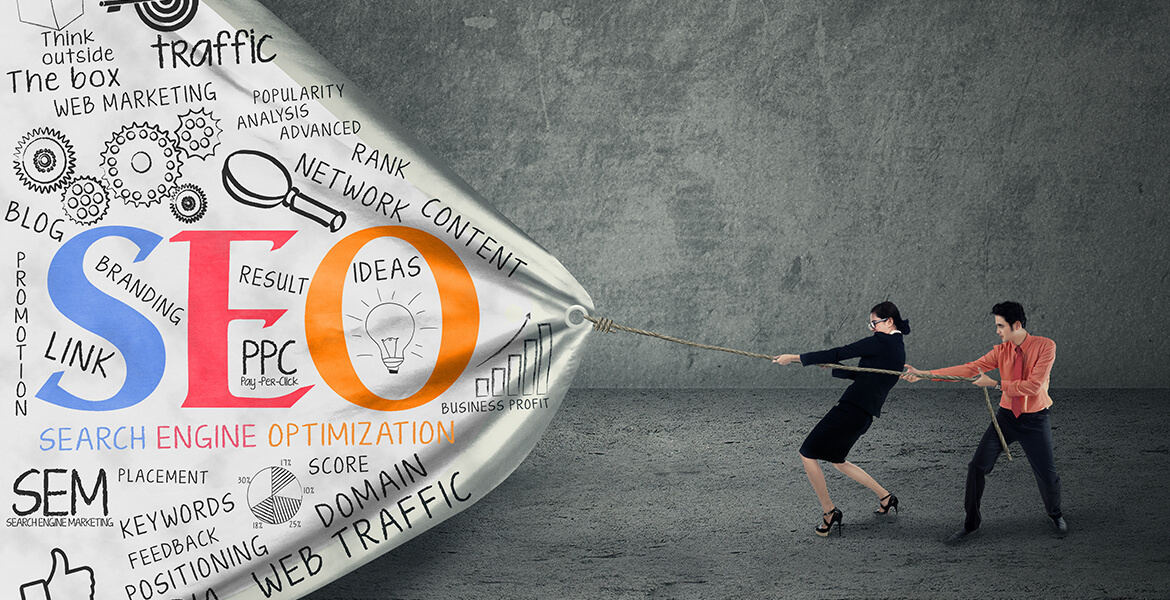
Imagine this:
You click open a link
The website is opening
It’s still opening
It’s still not loading yet
Will you still wait, or will you close the page?
Studies have shown that if a page doesn’t open in 30 seconds, the user will close the page.
Yet, how is page speed important for search engine optimization ? As one of the top marketing agencies in India, this is a question we are frequently asked.
Low page speed results in a high bounce rate and low conversion rates. A study by Portent found out that website conversion rates dropped by 4.42% with each additional second of load time. In the internet age, your audience is not willing to wait - everything has to happen now.
But, you may ask - how is page speed optimization related to SEO ? Here’s how.
Rank Factor
Page speed is a ranking factor that search engines include when assessing whether a link should appear at the top of the search results.
To quote, PageInsights from Google: Make your web pages fast on all devices

Bounce Rate
Bounce rate is another ranking factor that search engines assess. It represents the percentage of visitors who enter the site and then leave. A website with poor loading time has a high bounce rate because users do not wait for the website to load completely.
User Experience
Quite simple, a website with a poor loading time gives users a bad user experience. This leads to lower traffic.
These three elements tell Google that your website is not relevant to users and hence your link loses search engine ranking.
How to improve website speed for SEO
As a top marketing agency in India, we develop websites with a keen eye on search engine optimization . Here’s how you can improve your website speed.
Optimize images and videos
To deliver the best visual impact, your website may have many images and videos. However, the downside of this is that your website takes a lot of time to load. Our solution to this is to compress and optimize the images and videos without losing visual quality.
Compress the Code
Compressing the code removes extra spaces in the code, which saves kilobytes. This adds up to a smoother and quicker user experience.
Reduce Redirects
Having complicated redirect schemes using JavaScript can significantly increase the page time. Work with a developer to alter the script-based redirects without impacting the site functionality.
Enable Browser Caching
Visitors who return to your website can load the primary data from previously stored cache. This creates less load on your website resources and quickens the page speed.
Improve the Server Response Time
Your server is responsible for transferring data to the user’s computer. Your server response time should be below 200 ms. If your server response time is above this, consider switching to a quicker hosting service.
As long as your website speed is slow, it will give your users a bad experience. And Google understands this and hence looks at page speed optimization as a key ranking factor for SEO . As a top marketing agency in India, we lead from the front and implement an effective strategy to ensure that the website we develop loads within 10 seconds.

